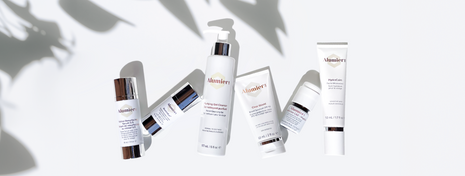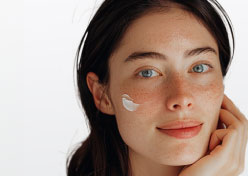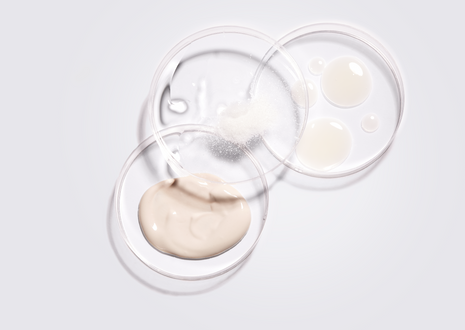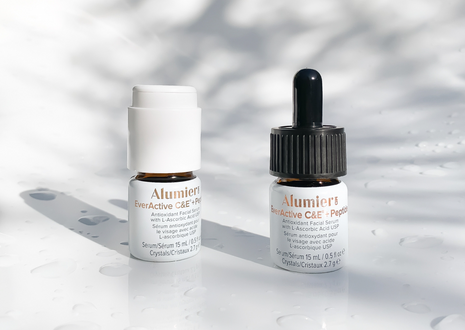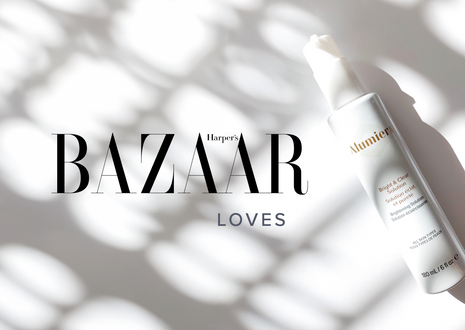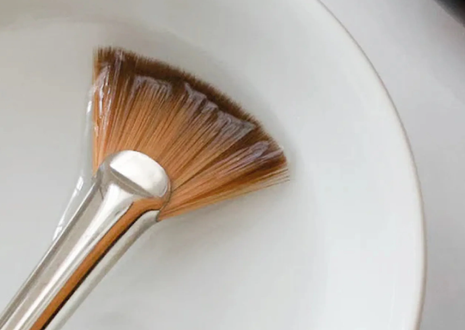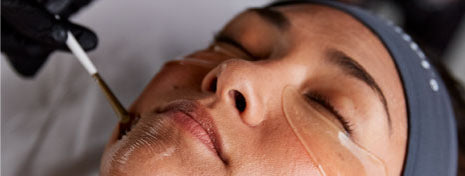Not to burst your summer vibes, but here's a reminder that summer skincare is just as important as winter skincare! In fact, you might have more to worry about when the sun shines. We’re outside more which means the skin is exposed to harmful environmental factors such as pollution and of course, damaging UVA and UVB rays too. We always recommend meeting with your skin pro for a seasonal skincare review when the weather changes. This way you can get personalised advice that is right for your skin type, condition, and its needs at each season. Right, onto myth-busting!
Myth 1: Use Less Skincare
Trust us, summer is not the time to ditch your skincare routine or your pro. The sun’s rays can damage skin at the deepest level, causing lines, wrinkles, dry skin, and uneven skin tone. During the day, your skin needs all the support it can get from antioxidant-rich skincare before being exposed to sunlight, including broad-spectrum sunscreen. At night, it’s important to thoroughly remove sunscreen and to help the skin repair any damage that may have occurred, so you might need to replenish with a specific serum from our medical grade collection. Speak to your skin pro for personalised advice and stay on track to hit your skin goals. In the summer, skin naturally produces more oil and sweat which can lead to blocked pores, breakouts, and excess shine too. We recommend ADDING our Refining Clay Mask to your skin routine for a weekly deep cleanse that will rid your skin of excess oil, while gently exfoliating and sorting out the dreaded shine.
Myth 2: Stop Using Retinol
Retinol can make skin more sensitive to the sun, but if you have a good routine and remain militant about broad-spectrum sunscreen there’s no reason you can’t continue using retinol throughout the night during the summer months. It’s also true that regular retinol use helps skin in a variety of ways and if you suddenly stop using it, you won’t see the same results. You can scale back on your retinol use by dropping it to a lower dose if that makes you feel more comfortable. Lots of people will use Retinol Resurfacing Serum 1% during the winter and 0.5% or 0.25% during the summer. You could also skip a day in between uses. Your AlumierMD professional will be able to offer you specific guidance and more tips during your seasonal skincare review.
Myth 3: Tanning Promotes Skin Healing
If you’ve ever exposed your skin to the sun (!!!) and found that blemishes disappear and that your tanned skin looks more even-toned, it might seem like the sun is good for your skin. What’s happening here is a bit more complex. When the sun shines onto the skin and it starts to tan, the skin is going into crisis mode! The sun’s ray attack cells at the deepest level so inflammation goes right up; water goes out and the skin is forced into repair mode. In the short term, this repair mode clears blemishes and makes skin look good. However, in the long term, this damage is accelerating all the signs of ageing – fine lines, wrinkles, dryness, and making the skin weaker. The skin tone looks more even with a tan but that’s simply because the whole of the skin has heightened melanin rather than just a few areas. When the tan fades, the skin will look more uneven and will have more work to do to look even toned. Takeaway? Don’t try to tan; do wear broad-spectrum sunscreen every day with top-ups every two hours; and get into shade-bathing!
A seasonal skincare review with your skin pro is a surefire way to keep those skin goals on track all year. Book yours here.
